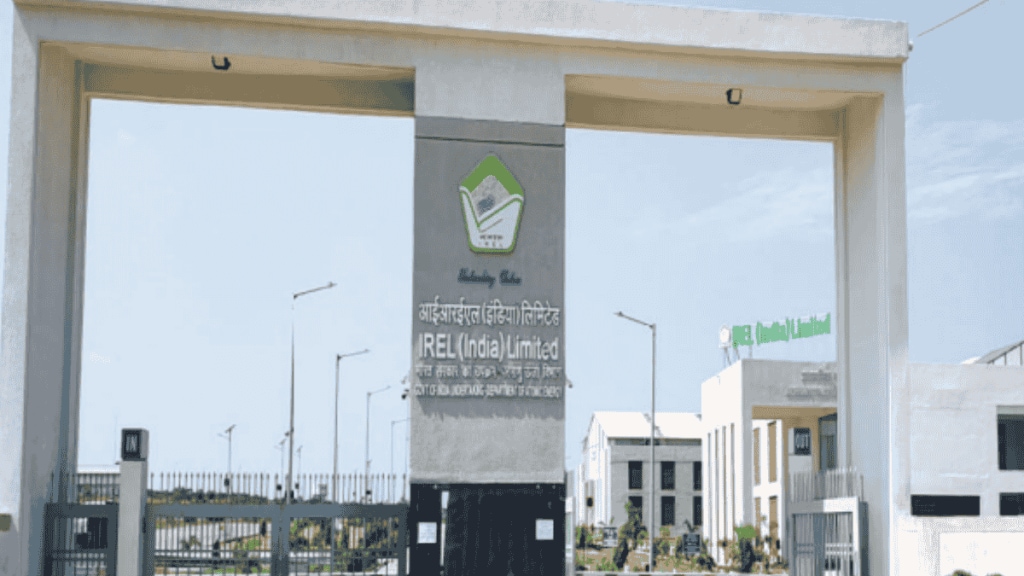In a bid to safeguard rare earth supplies for domestic needs amid growing crisis as a result of the Chinese supply curbs, India has asked state-run miner IREL to suspend a 13-year-old agreement on rare earth exports to Japan. Given the global uncertainty, the focus has shifted on IREL in the Indian context. Let’s take a look at the business dynamics of this unlisted Govt run entity, IREL.
IREL: What’s the core business?
Well, formerly known as Indian Rare Earths Limited, IREL is an unlisted ‘Miniratna’ company. The company aims to grow its heavy minerals and rare earths business by expanding not just the mining capabilities but also the mineral processing, and rare earth refining asset base domestically and globally.
This is a crucial aspect. China,at the moment, has a huge negotiation advantage globally, because the country processes nearly 90% of the global rare earths. Hence the supply curb from there is snowballing into a key crisis everywhere, including India
IREL, interestingly, has reached a new milestone by starting the production of permanent magnets and rare earth metals.These facilities have been set up at the Rare Earth Permanent Magnet (REPM) plant in Vishakhapatnam and the Rare Earth & Titanium Theme Park (RETTP) in Bhopal. This marks a significant expansion in its product range globally.
IREL: Key metal projects to watch out for
IREL has commenced production of Samarium-Cobalt (Sm-Co) magnets. These magnets are meant for use in atomic energy, defence, and space applications. They have already been handed over to BARC and DMRL for testing.
Interestingly the other important rare earth metals that the company has launched production include Cerium and Lanthanum. Special alloys using these as well as Neodymium facility for recovery of Rare Earths from end of life Magnets are seen as India’s crucial steps towards playing a greater role in the global rare earth economy.
IREL reports record mineral output
In fact, the latest reports on the IREL website indicates that the company has posted its highest-ever mineral output at 5.31 lakh tonne, marking a 3.3 per cent increase from last year. However, overall capacity utilization remained low. Delays in the grant of new resources is a key worry in this aspect.
Meanwhile, the Rare Earth Extraction Plant (REEP) at the Sands Complex (OSCOM) in Odisha recorded a 9.8 per cent increase in chemical production. In contrast, the High Pure Rare Earths Plant in the Refining Division saw a 9 per cent decline, as IREL took measures to control inventory buildup in the absence of a robust domestic mid-stream industry.
IREL’s international foray
Not just within India, IREL is also expanding its business outside India. It has signed MoUs or is in talks with several countries including Oman, Vietnam, Sri Lanka, and Bangladesh to explore and extract rare earth elements.
The IREL chairman has highlighted in the company’s annual report that competition from foreign suppliers for these products is likely to become more fierce.
Europe, one of IREL’s key markets for Zircon, has seen reduced demand as manufacturers cut down on Zircon use to lower production costs.
IREL’s dividend announcement
IREL has declared dividend worth a total of Rs 303.67 crore in total. The company also clocked double-digit growth in its revenue and profit numbers . Overall, mineral sales contribute 81 per cent of IREL’s income, with chemicals adding another 16 per cent. Ilmenite, IREL’s top-selling mineral, continues to drive the company’s revenue. It accounts for 73 per cent of the volume and 50 per cent of the total sales.
The company also recorded foreign exchange earnings of Rs. 962.58 crore, contributing 43 per cent to its total income.
IREL: Upcoming partnerships
Apart from expanding capacities in several existing facilities, the company is in talks for partnering several Government and local initiatives.
Its joint venture with Tamil Nadu’s TAMIN is already incorporated and will focus on mineral processing.
To support India’s ambition of becoming self-reliant in rare earth magnets, IREL has submitted a proposal to the government for an incentivisation policy. This is expected to encourage downstream industries and domestic manufacturing of NdFeB magnets.
